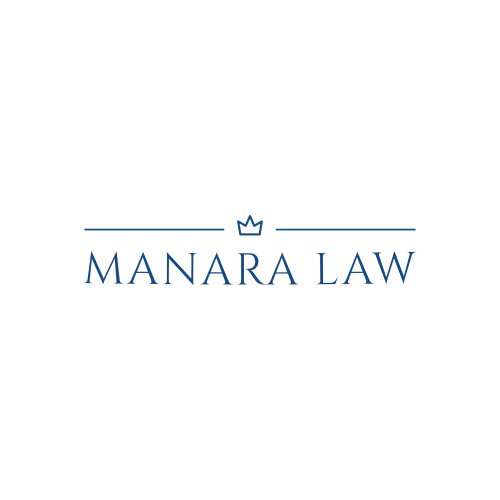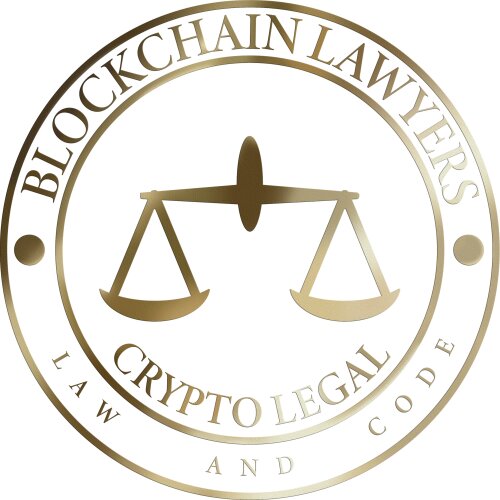Best Corporate & Commercial Lawyers in London
Share your needs with us, get contacted by law firms.
Free. Takes 2 min.
List of the best lawyers in London, United Kingdom
Legal guides written by Crypto Legal:
- The Evolution of Crypto Fraud in 2025: Forensic and Legal Strategies for Prevention and Recovery
About Corporate & Commercial Law in London, United Kingdom
Corporate and commercial law in London governs how businesses are established, operated, financed, regulated, bought, and sold. London, as a leading global business hub, is home to a diverse range of companies, from start-ups and small enterprises to major multinational corporations. The field of corporate and commercial law covers areas such as company formation, mergers and acquisitions, corporate governance, commercial contracts, joint ventures, intellectual property, and regulatory compliance. Lawyers in this field play a vital role in helping companies navigate the complex legal environment, supporting business transactions, resolving disputes, and ensuring compliance with local and international regulations.
Why You May Need a Lawyer
There are many scenarios in which individuals or businesses may require specialist legal advice in the corporate and commercial sector:
- Launching a new company or partnership and understanding legal requirements for incorporation
- Negotiating and drafting commercial contracts to protect key business interests
- Mergers, acquisitions, or selling a business, which involve complex transactions and due diligence
- Advice on corporate governance, directors’ duties, and compliance with Companies Act requirements
- Handling shareholder disputes, exits, or buyouts
- Advising on intellectual property matters including trademarks, copyrights, and patents
- Ensuring data protection compliance, particularly under UK GDPR
- Seeking investment, raising capital, or negotiating with financial backers
- Restructuring, insolvency, or facing financial distress
- Dealing with regulatory issues specific to your industry, including licensing and competition laws
Engaging a corporate and commercial lawyer early can help prevent costly disputes, minimize risk, maximise opportunity, and provide reassurance that business decisions are legally sound.
Local Laws Overview
London operates within the legal jurisdiction of England and Wales, with corporate and commercial matters generally governed by UK statutes and case law. Key legislation includes the Companies Act 2006, which provides the legal framework for company administration, directors’ duties, reporting obligations, and shareholder rights. The Corporate Insolvency and Governance Act 2020 addresses processes for financially distressed businesses.
Commercial contracts are generally subject to English contract law, which emphasizes freedom of contract but also provides protections against unfair terms and misrepresentation. Competition law, mainly enforced by the Competition and Markets Authority, ensures businesses do not engage in anti-competitive practices. Data protection obligations are governed by the UK General Data Protection Regulation (UK GDPR) and the Data Protection Act 2018.
London’s commercial environment is also impacted by international laws and treaties, particularly for companies engaged in cross-border trade or with overseas investors. The city’s courts, especially the High Court’s Business and Property Courts, are respected forums for resolving complex commercial disputes.
Frequently Asked Questions
What is the difference between corporate law and commercial law?
Corporate law mainly focuses on the formation, governance, rights, and obligations of companies, directors, and shareholders. Commercial law covers the broader aspects of business transactions, including contracts, sales, and trade-related issues.
Do I need a lawyer to set up a company in London?
While it is possible to complete company formation yourself using online registries, consulting a lawyer ensures compliance with legal requirements, proper structuring, and protection against future disputes.
How can a lawyer help with drafting contracts?
A lawyer will help ensure contracts are valid, enforceable, and clearly outline the rights and responsibilities of each party. They also assist in identifying and mitigating potential risks or liabilities.
What duties do company directors have under UK law?
Directors must act in good faith, in the company’s best interests, comply with the law, avoid conflicts of interest, and exercise reasonable care, skill, and diligence as outlined in the Companies Act 2006.
What are the typical steps in a business acquisition?
A business acquisition usually begins with negotiations and heads of terms, followed by due diligence, drafting of the purchase agreement, regulatory approval if needed, completion, and post-completion integration.
How does the UK handle data protection for businesses?
UK businesses must comply with the UK GDPR and Data Protection Act 2018, which set out obligations for collecting, storing, and processing personal data, including obtaining consent, maintaining security, and responding to data subject requests.
What should I do if there is a shareholder dispute?
It is advisable to review the company’s articles of association and any shareholder agreement. A corporate lawyer can help negotiate, mediate, or take legal action if necessary to protect your interests.
When does a business need to comply with competition law?
Competition laws apply to most businesses and are particularly relevant when considering mergers, acquisitions, collaborations, or business practices that could be seen as anti-competitive, such as price fixing or market sharing.
What are the legal requirements for keeping company records?
The Companies Act 2006 requires companies to keep certain statutory registers, financial records, shareholder information, and minutes of meetings. Non-compliance can result in penalties.
How are commercial disputes resolved in London?
Many commercial disputes are resolved through negotiation, mediation, or arbitration. If these methods fail, disputes may be litigated in the High Court or County Court, with London’s Business and Property Courts being a preferred forum for complex cases.
Additional Resources
If you require more information or support, some helpful resources include:
- Companies House - Official registrar of companies in the UK
- Law Society of England and Wales - Professional body for solicitors
- Competition and Markets Authority - Oversees competition law and consumer protection
- Information Commissioner’s Office (ICO) - Regulates data protection and privacy issues
- London Chamber of Commerce and Industry - Offers business support, advocacy, and guidance
- Citizens Advice - Provides guidance on business-related legal matters
Next Steps
If you believe you need legal assistance in corporate and commercial matters, consider the following steps:
- Clearly outline your situation and specific legal needs
- Gather and organize all relevant documents, contracts, correspondence, and records
- Consult with a qualified solicitor or law firm that specializes in corporate and commercial law in London
- Discuss potential fees, timelines, and next steps during your initial meeting
- Follow your solicitor’s advice and keep in regular contact to ensure your matter is being progressed appropriately
Seeking early legal advice can help you make informed decisions, avoid pitfalls, and achieve the best possible outcome for your business interests in London.
Lawzana helps you find the best lawyers and law firms in London through a curated and pre-screened list of qualified legal professionals. Our platform offers rankings and detailed profiles of attorneys and law firms, allowing you to compare based on practice areas, including Corporate & Commercial, experience, and client feedback.
Each profile includes a description of the firm's areas of practice, client reviews, team members and partners, year of establishment, spoken languages, office locations, contact information, social media presence, and any published articles or resources. Most firms on our platform speak English and are experienced in both local and international legal matters.
Get a quote from top-rated law firms in London, United Kingdom — quickly, securely, and without unnecessary hassle.
Disclaimer:
The information provided on this page is for general informational purposes only and does not constitute legal advice. While we strive to ensure the accuracy and relevance of the content, legal information may change over time, and interpretations of the law can vary. You should always consult with a qualified legal professional for advice specific to your situation.
We disclaim all liability for actions taken or not taken based on the content of this page. If you believe any information is incorrect or outdated, please contact us, and we will review and update it where appropriate.
Browse corporate & commercial law firms by service in London, United Kingdom
London, United Kingdom Attorneys in related practice areas.

















